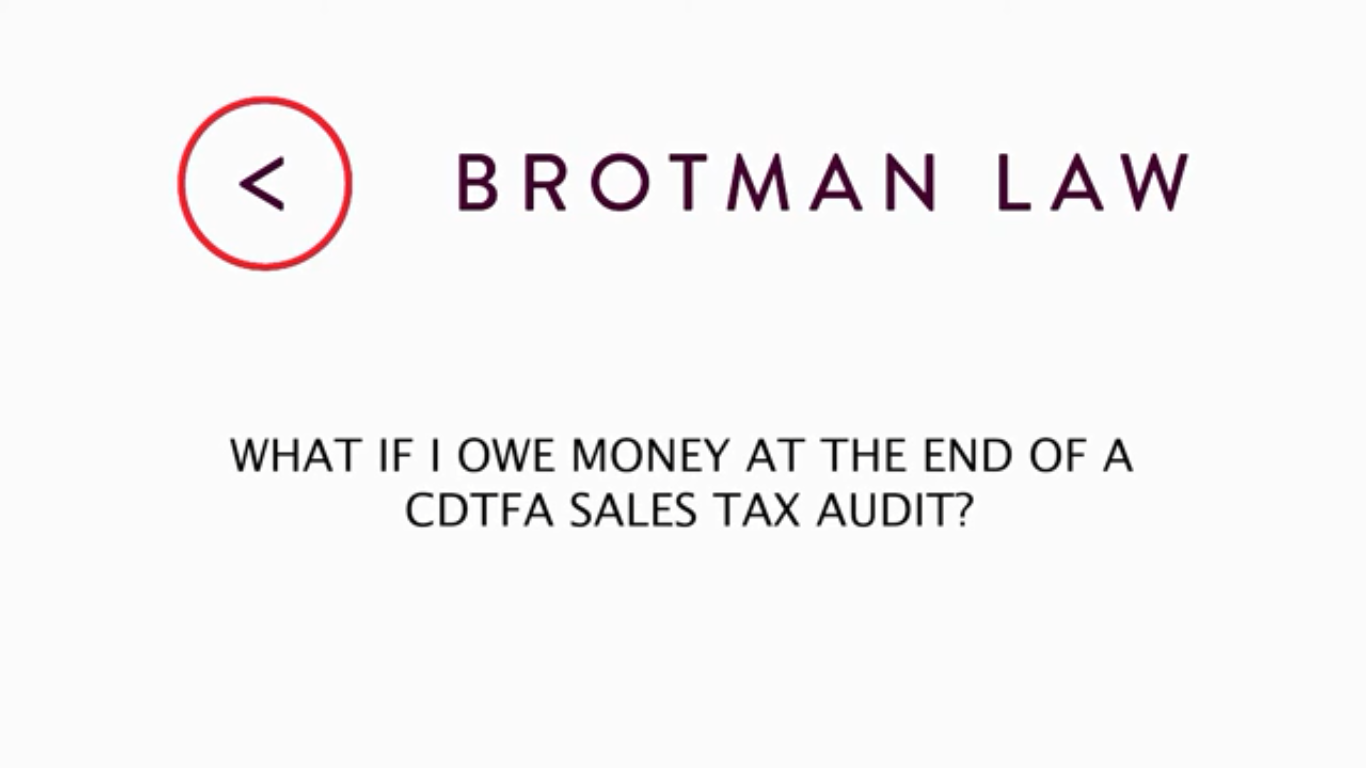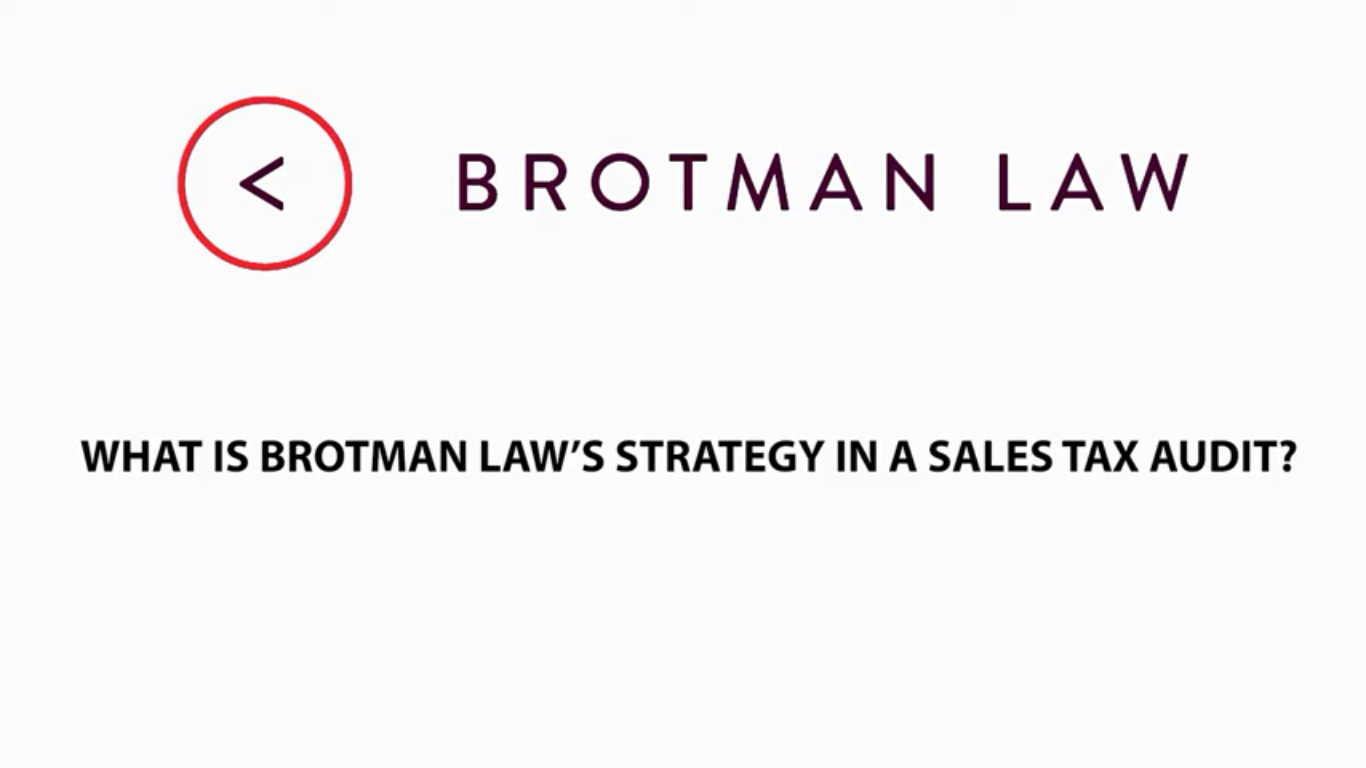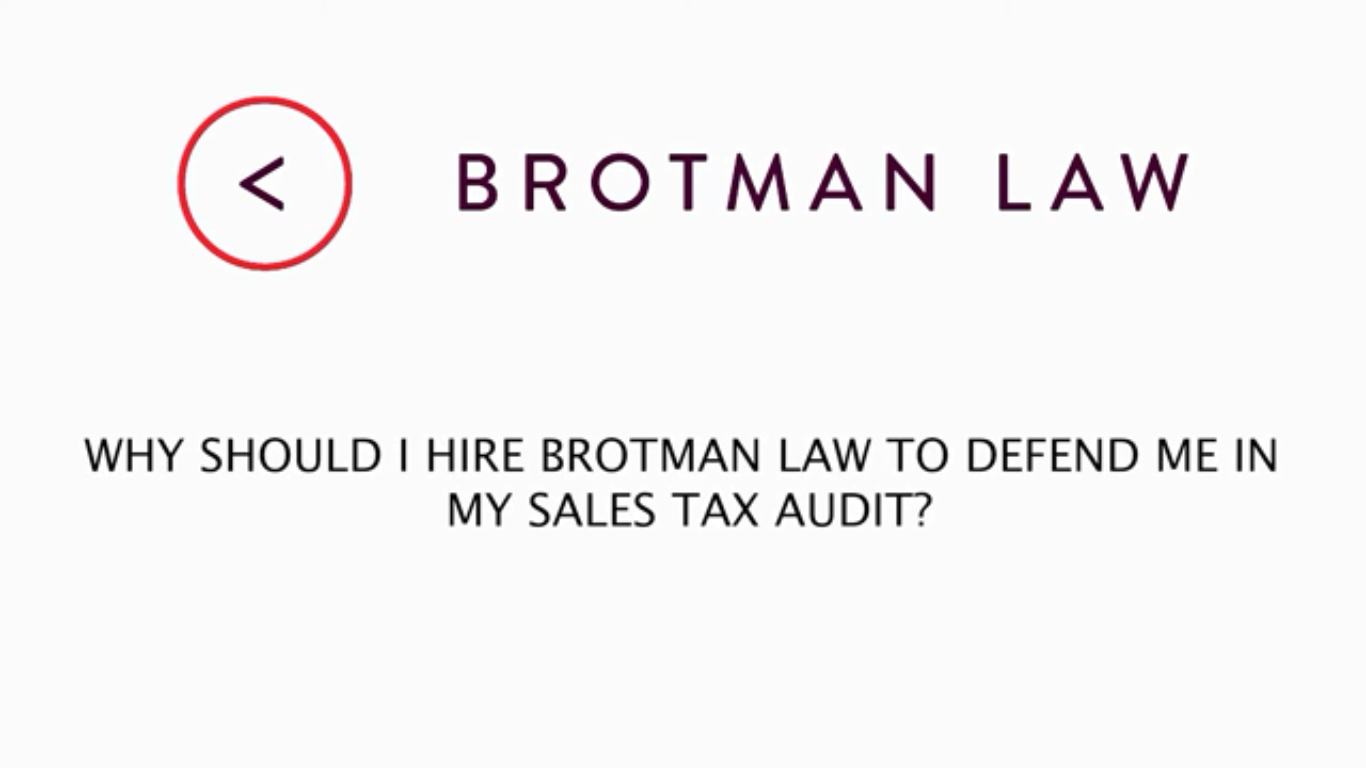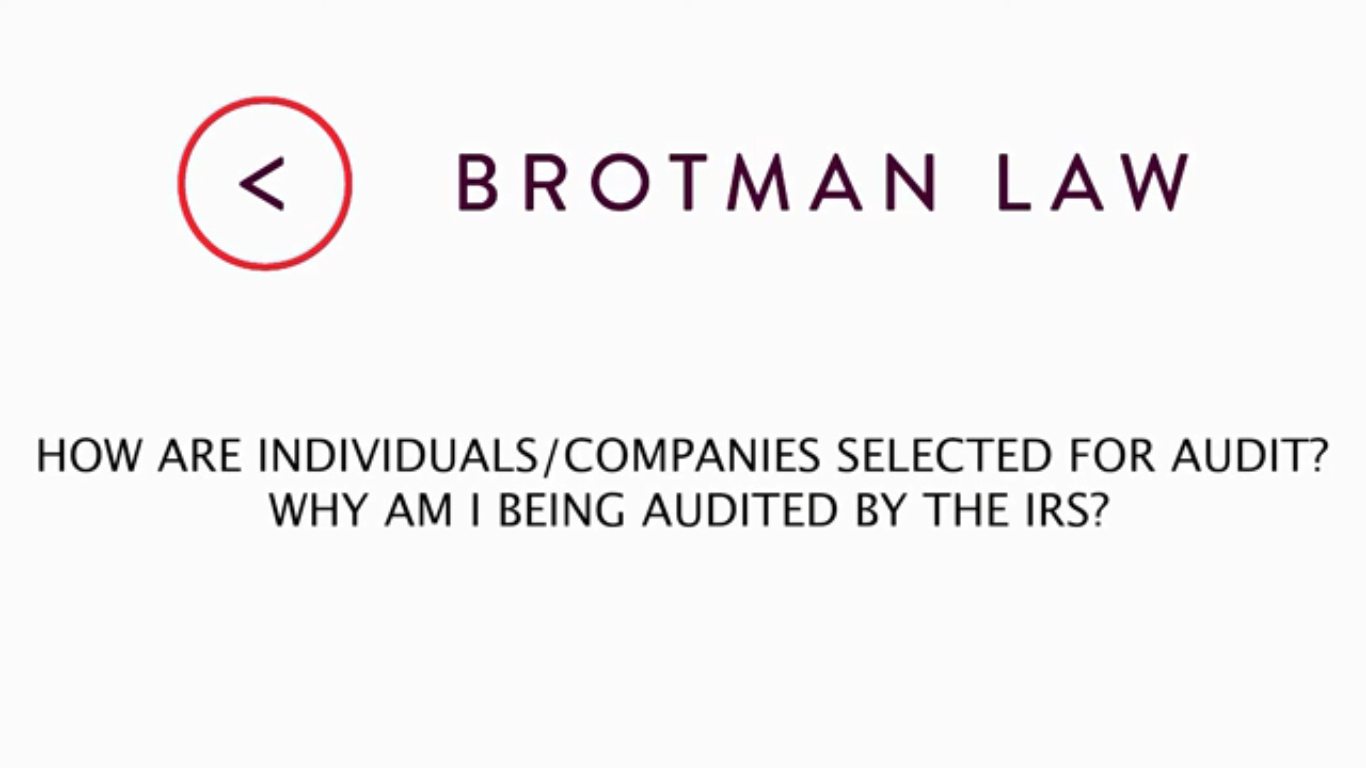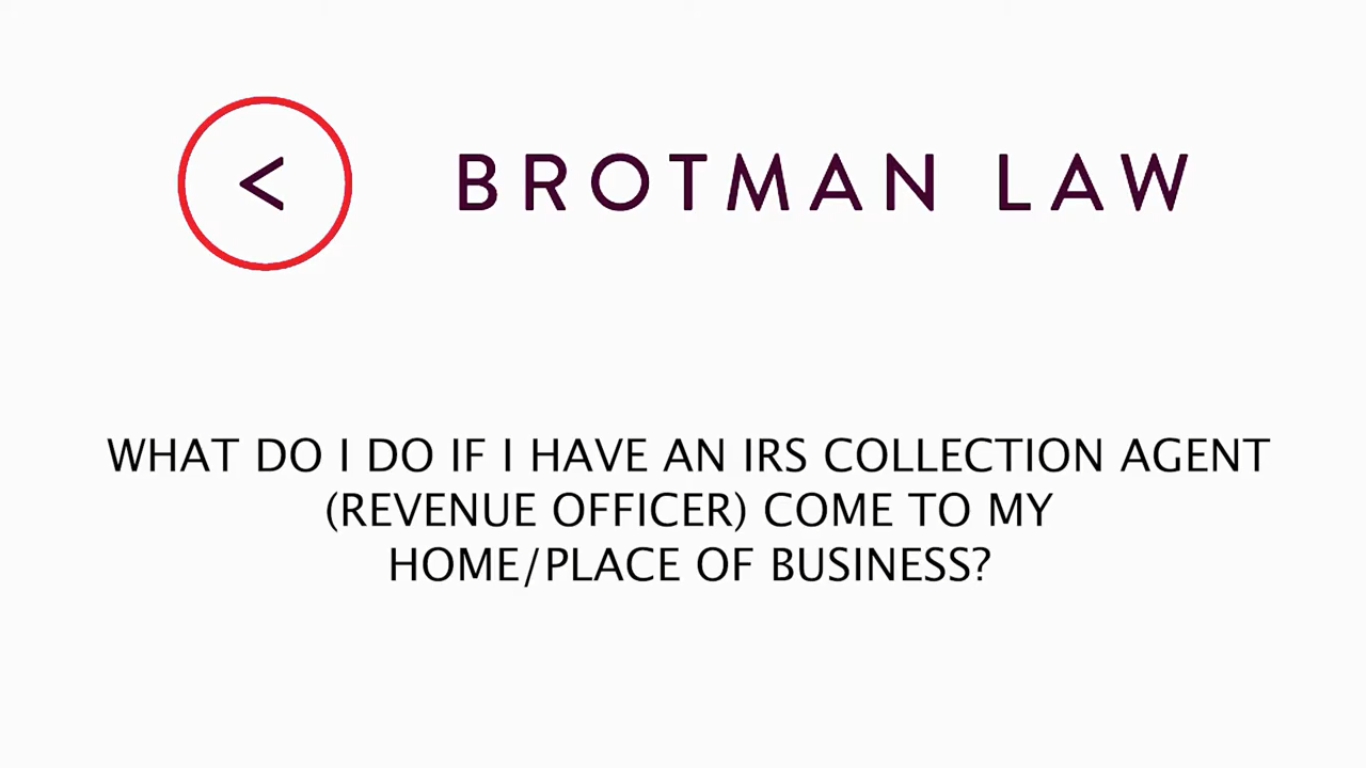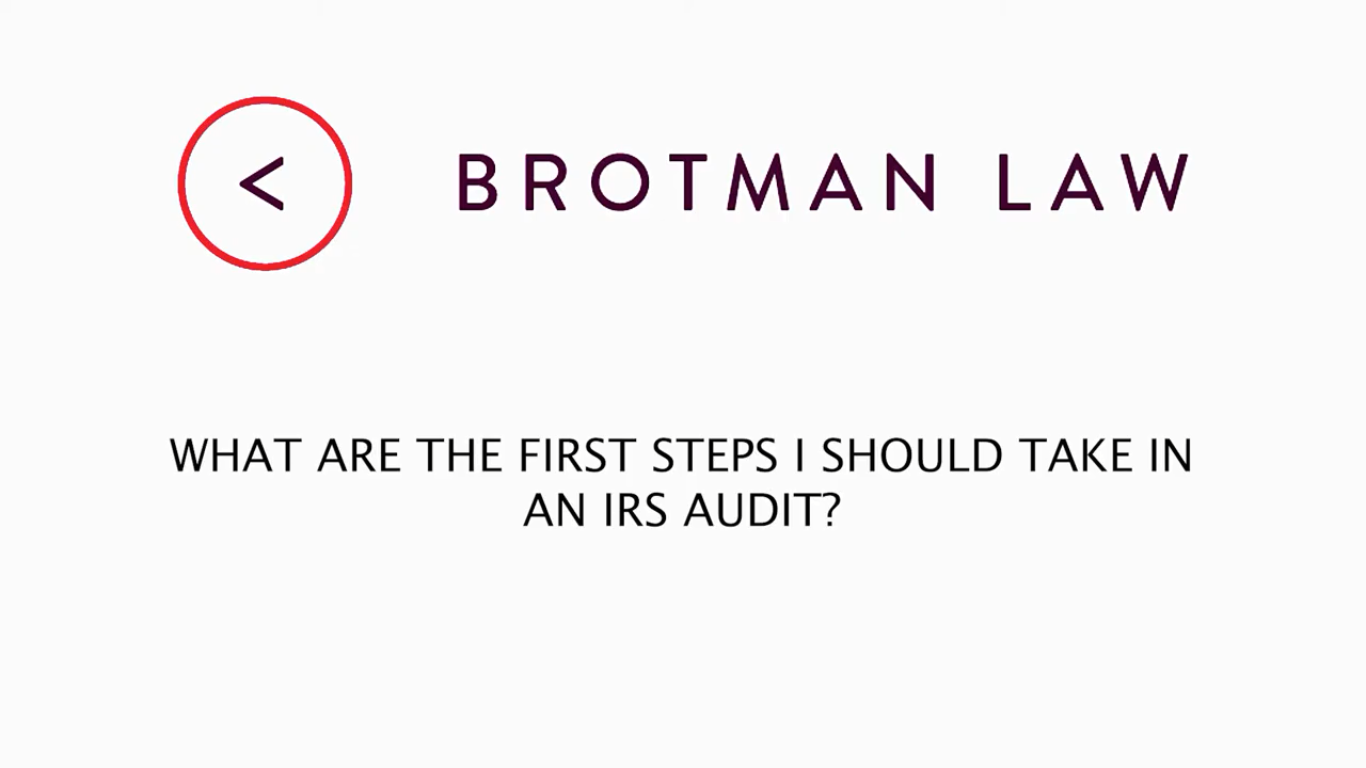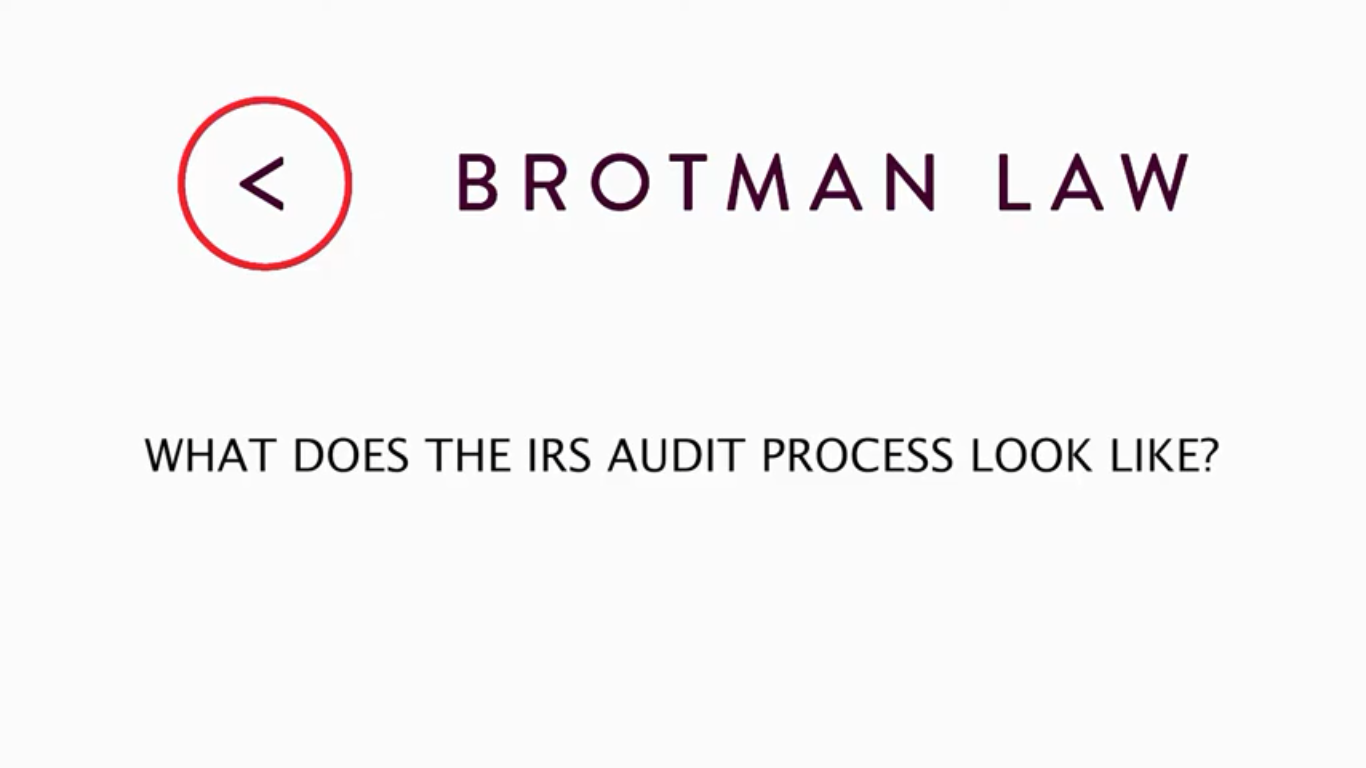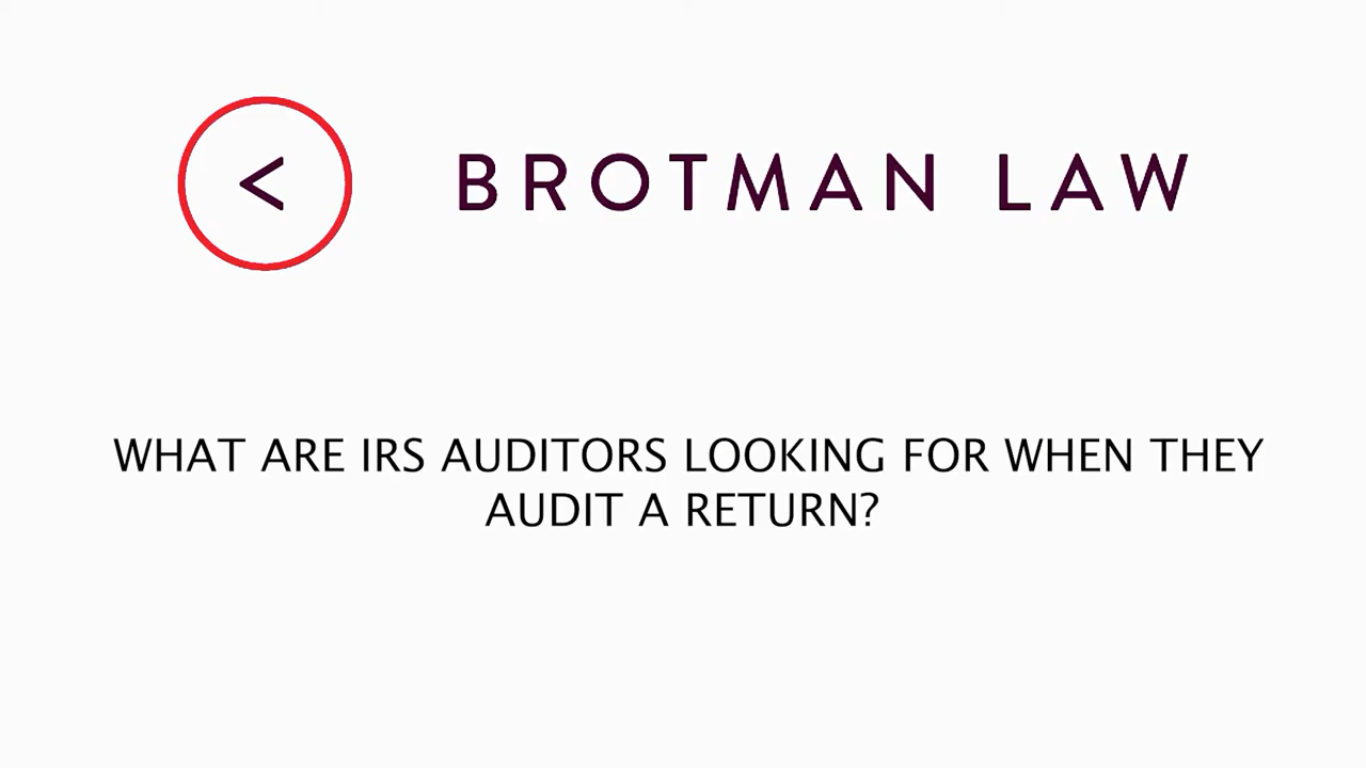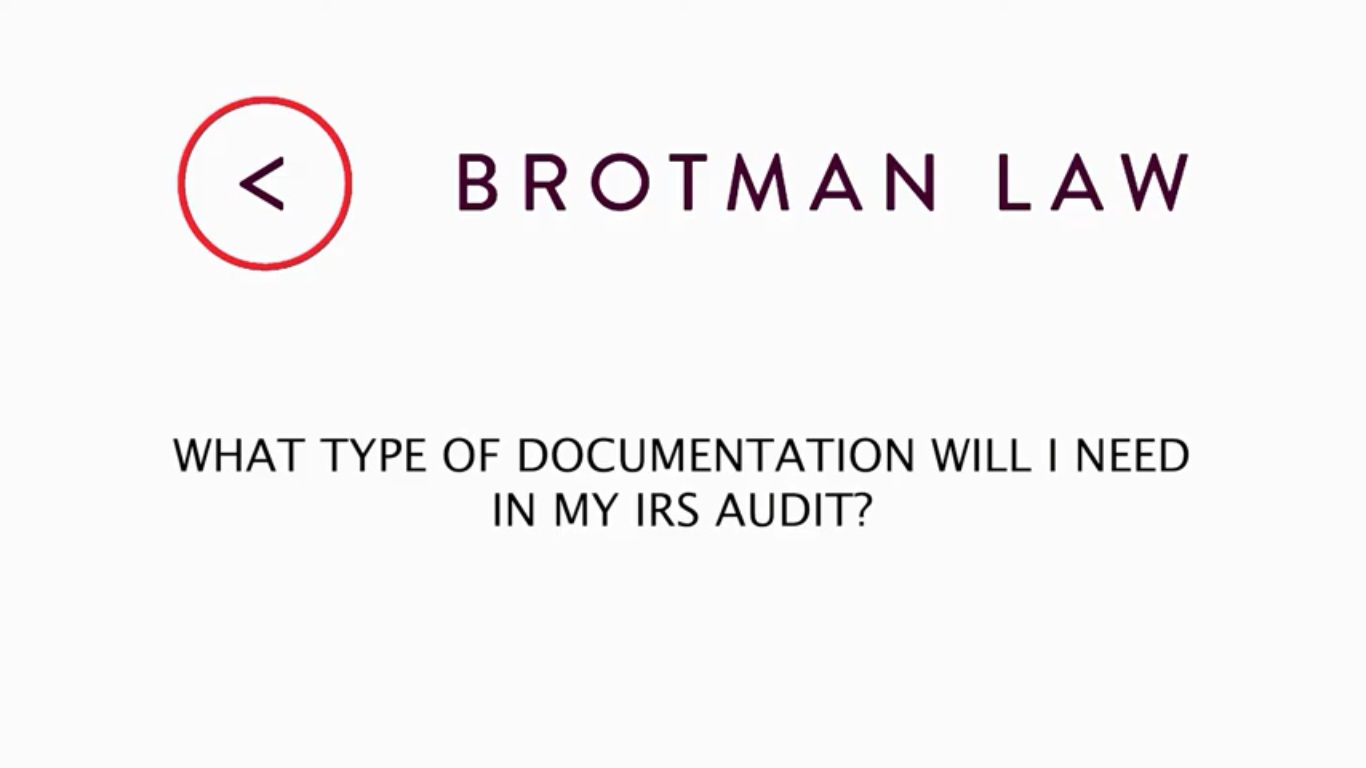If you owe money at the end of the CDTFA sales tax audit process, you have a decision to make. Can you pay the liability in full, do you want to pay the liability in full, do you want to go into collections or is it better to file petition and pay the liability over time? This is a strategic decision that we make depending on the taxpayer’s facts, circumstances and how much they owe. However if you don’t appeal the liability, you will proceed into CDTFA collections and then collections will start to negotiate with you. In our experience for taxpayers that don’t have immediate flexibility to pay
video-blog
What Is Brotman Law’s Strategy in a Sales Tax Audit?
Sales tax audits are notoriously tricky they consume a lot of resources both in time and energy, and money so the goal with us and with our clients is to get out of the process as quickly as possible for the least amount of damage. When we look at a CDTFA audit, we’re looking at the cost-benefit of the situation. What’s the cost to the client, what’s the benefit of a certain action and how best can we get out of the audit with minimizing our expenditure and being as efficient as possible with our resources? One of the best ways that we do this is prior to creating the audit plan will try and pre-audit.
Why Should I Hire Brotman Law to Defend Me in My Sales Tax Audit?
Are One of the areas of practice that I’m most proud of in our firm we’ve dealt with some very difficult cases.
How Are Individuals/Companies Selected for Audit? Why Am I Being Audited by the IRS?
The IRS audits people for many different reasons but generally speaking when the IRS audits an individual or business it’s expecting to yield additional tax due to owing on a return.
What Do I Do If I Have an IRS Collection Agent (Revenue Officer) Come to My Home/Place of Business?
So IRS revenue officers are field collection agents and they spend about fifty percent of the time in the field going after taxpayers and/or chasing their assets. So if a revenue officer shows up your home or place of business, understand you’re not obligated to talk to the revenue officer.
What Are the First Steps I Should Take in an IRS Audit?
The first steps you should take in the audit are to gather your documents and to understand your risk. The first thing that we look at when we have a prospective client come into the firm is why we think the returner got audited. Every return tells a story and it’s only a matter of time before we go through the return and learn what that story is. In speaking with taxpayers what we often find is that people either lack
What Does the IRS Audit Process Look Like?
The taxpayer will then gather that information and will meet with the auditor.
What Are IRS Auditors Looking for When They Audit a Return?
The IRS is comparing the return that was filed versus the substantiation that you’re providing and matching.
How Long Does an IRS Audit Usually Take?
The problem is is that most taxpayers get audited have some sort of adjustment.
What Type of Documentation Will I Need in My IRS Audit?
Often the documentation that the IRS is looking for in your audit will fall into two categories: income side documentation and expense. A review of the IDR that the auditor provided will give you an idea what the focus of the audit is going to be on the income side. The IRS is going to ask you for bank statements and for supporting accounting if applicable that would tend to corroborate the amount of income that you claimed on your return. You can expect to produce a profit and loss if you’re a business, you can expect to produce a general ledger and the IRS will also want to see any credit card or any other financial account statements that would tend to corroborate your income. On the expense side they’re going to be looking for proof of deductions. So what that means is they’re usually looking for receipts, invoices and other documentation that would tend to corroborate your expenses although you can be dinged for missing invoices.
